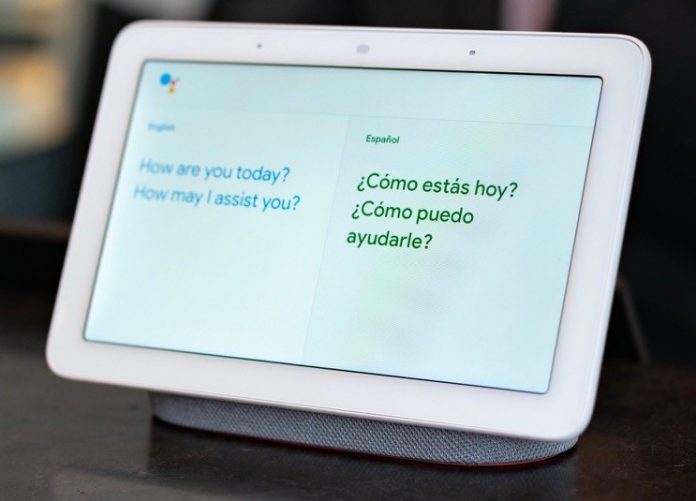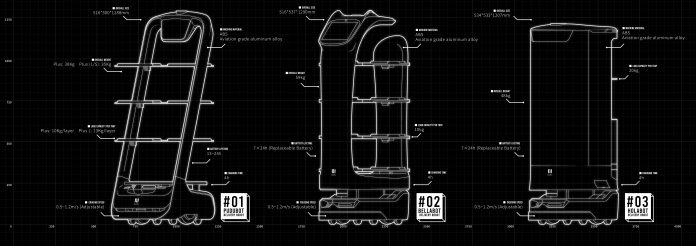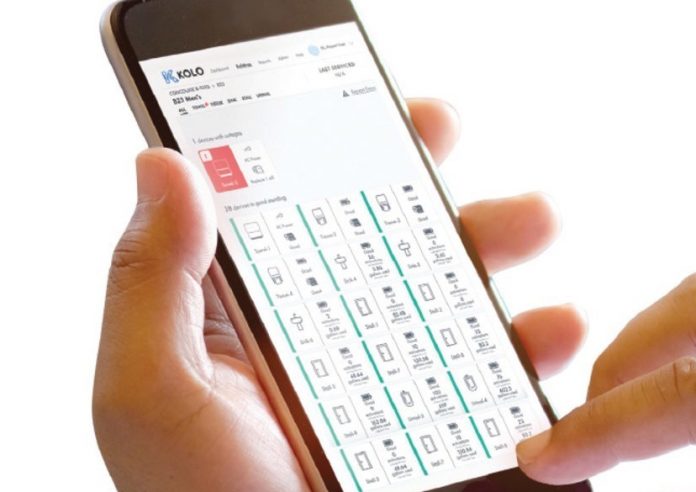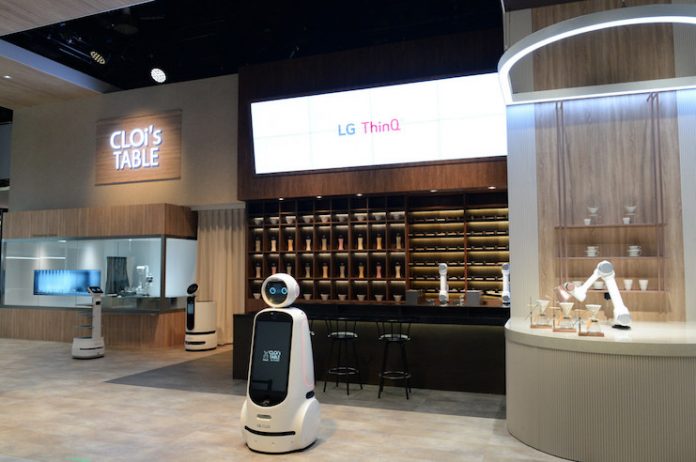At CES 2020 in Las Vegas, which runs from Jan. 7-10, tech companies are showcasing new products and plans for shaking up a variety of industries, including hospitality. From catlike delivery robots to advanced translation tools, here are four tech trends out of this week’s CES show that hoteliers should watch.
1Translation Tools

Last year, Google Assistant unveiled its real-time translation technology—interpreter mode—to help hotel staff converse with guests speaking foreign languages. At CES 2020, Google announced a partnership with Volara and SONIFI to roll out a full-service solution for hotels. Several properties have already piloted the new solution, which runs on the Google Nest Hub, including Dream Downtown New York City, Caesars Las Vegas, and Hyatt Regency San Francisco Airport. Through interpreter mode, guests and employees can translate 29 languages.
In addition, Sourcenext announced the newest model of Pocketalk, a two-way translator device designed for full conversations. The lighter and more compact device now has a larger touchscreen and a camera that recognizes and translates texts. The tool also computes exchanges for currency, length, width, and temperature. The device taps into translation engines worldwide, accommodating 74 different languages across more than 130 countries and regions, including localized dialects and slang.
2Robots

This week, PuduTech debuted its BellaBot delivery robot and HolaBot dish-return robot. The BellaBot has four-layer trays, multiple delivery functions, precise positioning and navigation systems, and scheduling algorithms—all with a cat-inspired look and people-friendly expressions for human interaction. “When you touch it in different parts such as the head and the ears, it reacts to you just like a person does,” the company explained in its announcement. “For example, BellaBot’s [screen] shows you a lovely face […] when you touch its ear. But if you keep doing so, it gets mad to remind you not to interrupt its job.”
In addition, UBTECH showcased its latest robots, including Cruzr, a customizable, cloud-based service robot designed for hotels and other enterprise scenarios. The humanoid robot’s features include U-SLAM navigation and obstacle avoidance, multi-modal interaction, and facial recognition.
3IoT in the Bathroom

At CES 2020, Plumbing manufacturer TOTO announced a collaboration with GP PRO, a division of Georgia-Pacific, to innovate public restrooms. The companies are using GP PRO’s KOLO Smart Monitoring System so that facility managers and custodial staff can monitor and analyze connected restroom fixtures via a dashboard on a smartphone or computer and receive real-time updates and alerts on operational abnormalities such as leaks; toilet paper, towel, and soap levels; and cleaning schedules. Facility managers can use this analysis to improve the restroom experience, better manage their workforce, and cut down on operational costs. Hartsfield-Jackson Atlanta International Airport, the world’s busiest airport, is the first facility to offer the Smart, Fully-Connected Restroom System.
4Artificial Intelligence and Experimental Learning

At CES 2020, LG Electronics unveiled an AI-driven vision of the future, showcasing concepts liked its LG ThinQ FitTM smart mirror, which uses 3D cameras to accurately measure the body and generate an avatar for virtual fittings, and its LG ThinQ air conditioner, which has a smart sensor to detect a room’s occupancy and automatically adjust temperature and airflow. With a system of connected devices, LG intends to create a collective intelligence that reveals patterns and behaviors. In the future through Experimental Learning, AI-enabled systems will be able to form and test hypotheses to learn and improve.










